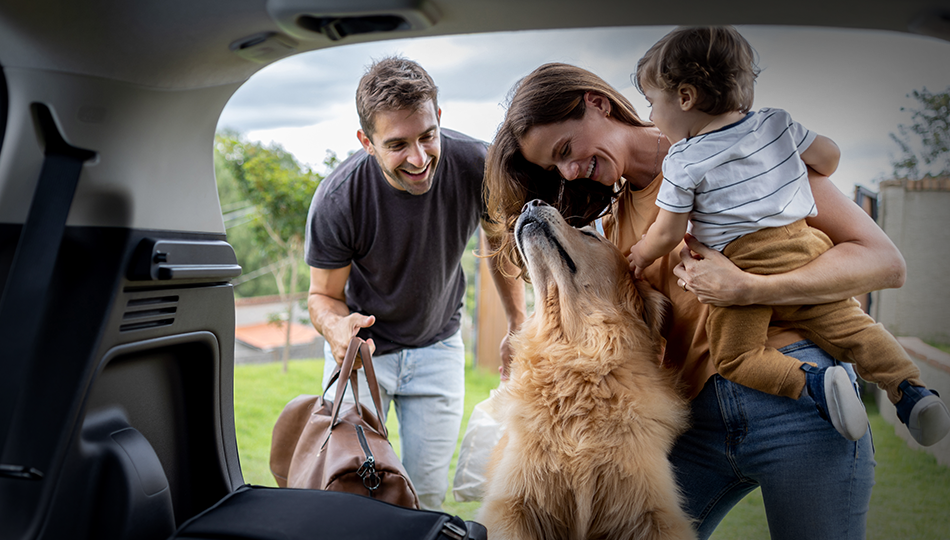The following is a video transcript.
As we edge closer to the holidays, our thoughts often turn toward protection. Protection for ourselves, protection for our friends and for our family. And that protection can come in the home or out in public: a mall, a crowded movie theater, or a parking lot, just to name a few. But what if we have to render life-saving emergency assistance to someone? Does the law grant us some form of protection?
Well, the General Assembly in Georgia has passed what we call a Good Samaritan Law, and many states in the United States have done so. Good Samaritan Laws protect those who render emergency assistance from civil liability. The thought process is very simple. The State of Georgia wants to protect those who render emergency assistance so that more people will help one another. If you or I thought that we could be sued if we were trying to save that person’s life, we might not assist.
So, the General Assembly has passed a Good Samaritan statute in order to encourage people to help one another. This is what the Good Samaritan Statute (Official Code of Georgia annotated 51-1-29) in Georgia says: “Any person, including any person licensed to practice medicine and surgery, who in good faith renders emergency care at the scene of an accident or emergency to the victims thereof without making any charge therefor shall not be liable for any civil damages.”
So number one, any person can render emergency assistance. It doesn’t have to be a doctor or a nurse, although doctors and nurses are specifically enumerated in that statute. If you act in good faith, if you have a good faith belief that you must assist someone to help them stay alive, and if you don’t charge for it (meaning you give it from your own good will and without the hope of any gain or benefit), then the law protects you and says you are not liable for any damage that may occur as the result of your actions.
So, the law is encouraging us to help one another, and at this time of year, that’s what everyone wants to do (or, at least, I hope). So, we now know that we can protect ourselves by the use of threats of force, force, and deadly force, protect our family, protect our friends, protect anyone, and we can also render life-saving assistance if needed without the threat of civil liability.
So get certified with our online First Aid Course for Gunshot Wounds through the U.S. LawShield 2A Institute, and we will teach you the specifics on the application of a tourniquet and other critical life-saving techniques.
It’s up to you. So take the initiative, pursue the knowledge, and learn those critical skills that are necessary to keep yourself and those around you alive until help arrives.





Leave A Comment